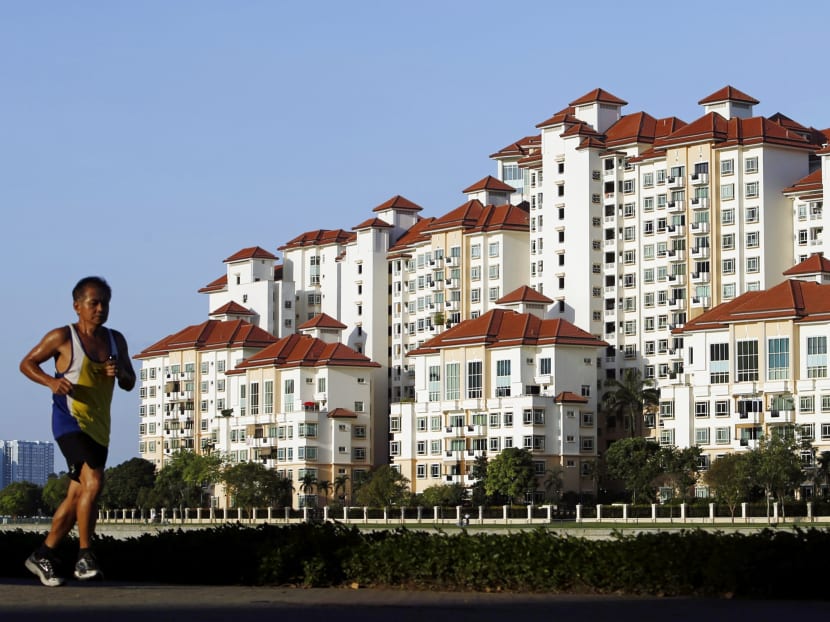URA reduces minimum stay in private housing to 3 months from 6
SINGAPORE — The Urban Redevelopment Authority (URA) has lowered the minimum stay in private housing to three months, from the current six months, with immediate effect. Occupants residing in private housing must fulfil a minimum stay of three consecutive months, said the URA in a statement on Friday (June 30).

Reuters file photo
SINGAPORE — The Urban Redevelopment Authority (URA) has lowered the minimum stay in private housing to three months, from the current six months, with immediate effect. Occupants residing in private housing must fulfil a minimum stay of three consecutive months, said the URA in a statement on Friday (June 30).
The revision applies to all private residential properties, and stay durations of less than three consecutive months, including short-term stays – such as those facilitated through home-sharing platforms – continue to be disallowed, noted the URA.
Separately, the URA is reviewing possible guidelines to facilitate short-term rentals and intends to conduct a public consultation to seek feedback on the issue.
The URA said the lowering of requirements for minimum stay was to give homeowners and tenants “more accommodation options”. During its public consultations on short-term stays in 2015, a “majority of respondents” were supportive of a reduction in the minimum stay duration. The urban planning authority said it had noted growing demand from groups – including students and academics visiting local institutions of higher learning – seeking accommodation for periods between three and six months.
Mr Ismail Gafoor, CEO of PropNex Realty, welcomed the move, saying that it allows “greater flexibility” to landlords and tenants. For home upgraders or downgraders, the shortened minimum stay is positive news, as they can now opt for short-term accommodation while renovating their homes, he said.
“In the sluggish rental market, landlords now have the option of renting out at shorter durations at higher rental, as short-term lease usually commands a premium of 20 per cent in comparison to longer leases. Nevertheless, most landlords will still prefer a long-term lease due to the security of rental income and ability to avoid the inconvenience of scouting for new tenants frequently,” he noted in a statement.
In general, private housing is more affordable and offers more choices in terms of location and size of rental unit, as opposed to hotels and serviced apartments. Homeowners will also have more options in renting out their units through this revision, said the URA.
However the authority warned that it is important to “preserve the residential character of housing estates” and it will monitor developments closely. According to the statutory board, the adjustment to the minimum stay period is not expected to cause any significant impact to residential communities.





